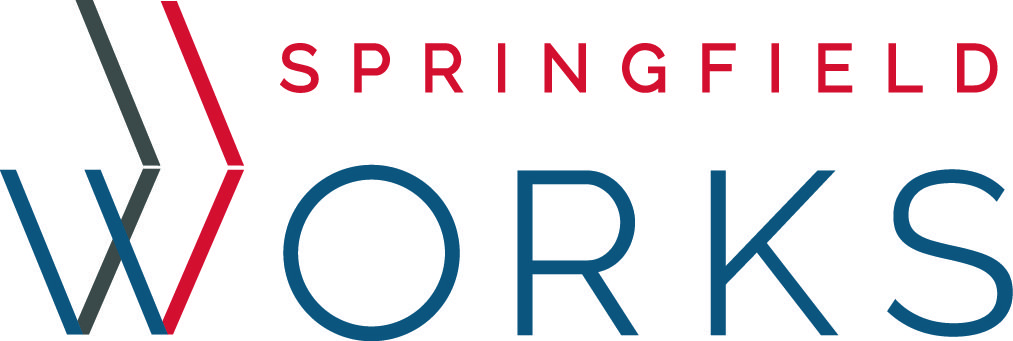Springfield WORKS and Partners Host Cliff Effect Legislative Briefing at the Massachusetts Statehouse
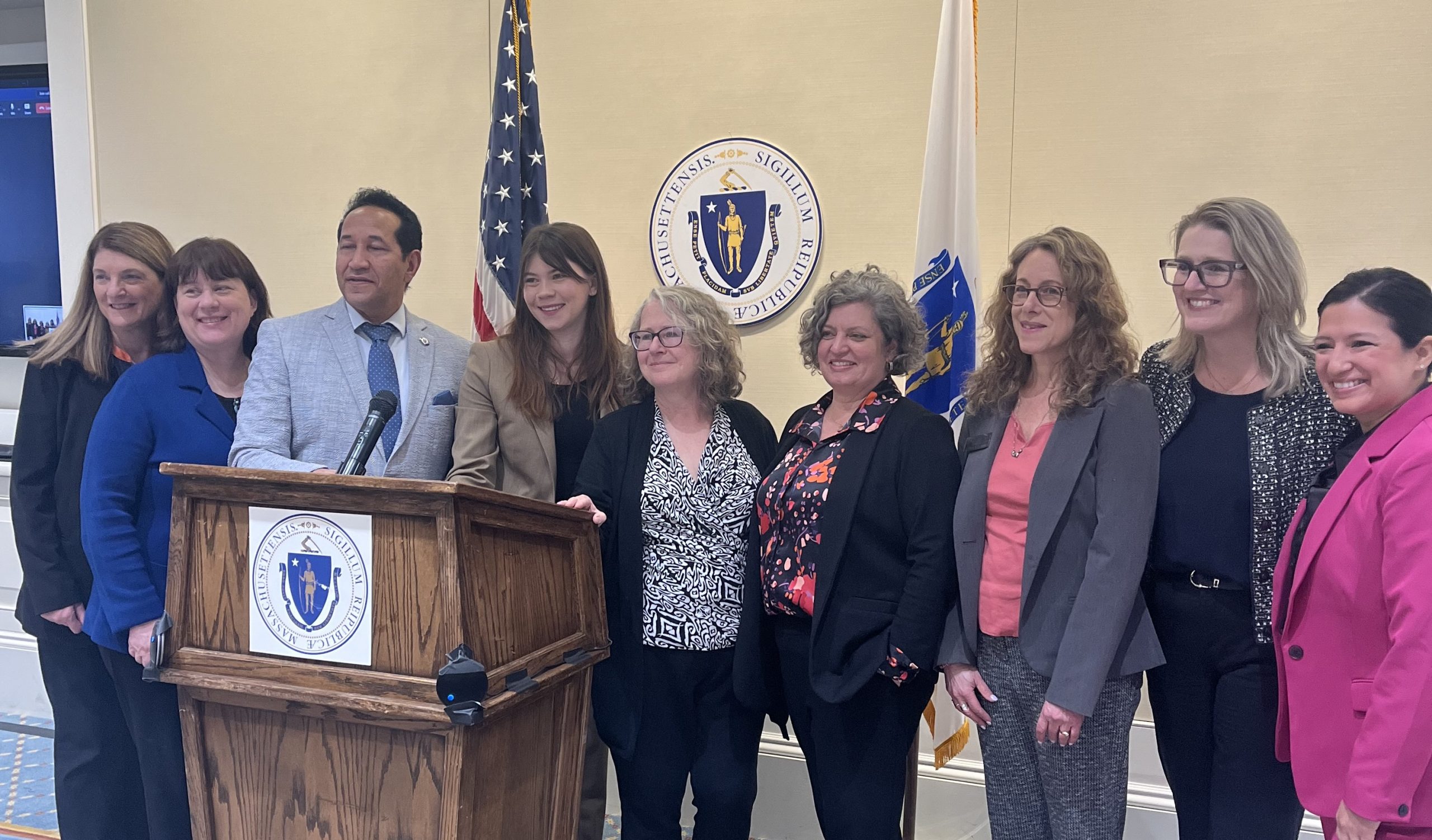
On Tuesday, April 2nd, Springfield WORKS, in partnership with The Foodbank of Western Massachusetts, Western Mass Economic Development Council, and the Economic Pathways Coalition MA, hosted a legislative briefing at the Massachusetts State House. The event aimed to draw attention to the urgent need for sustained support in addressing benefit cliffs, otherwise known as “cliff effects.” The event featured insights from state legislators, local representatives, and moving testimonies from individuals with lived experience facing benefit cliffs.
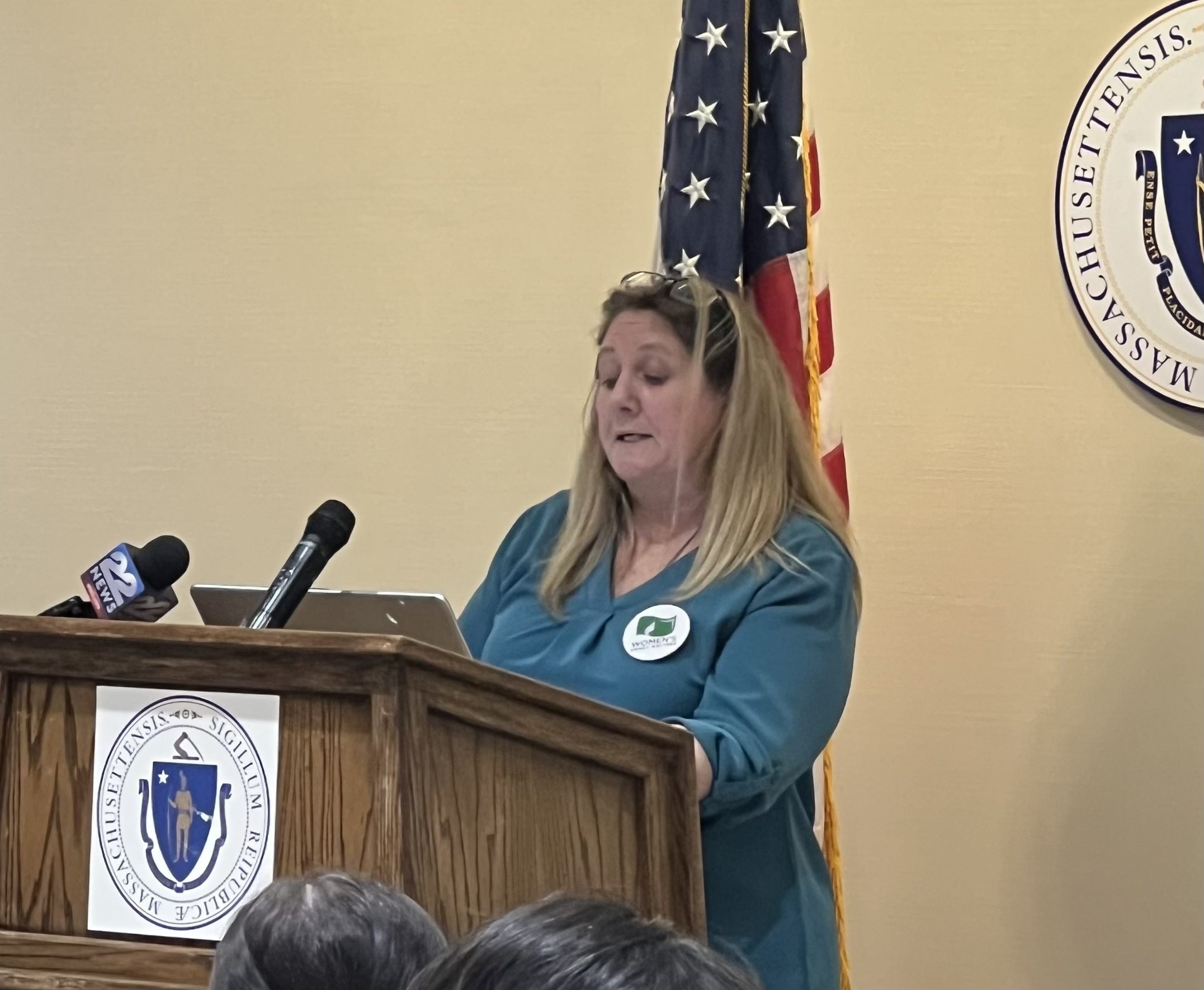
Reflecting on the impact of the Cliff Effect, Jami Entwistle noted, “There are people who desperately want to work… and people will avoid it because of the fear of losing their benefits.”
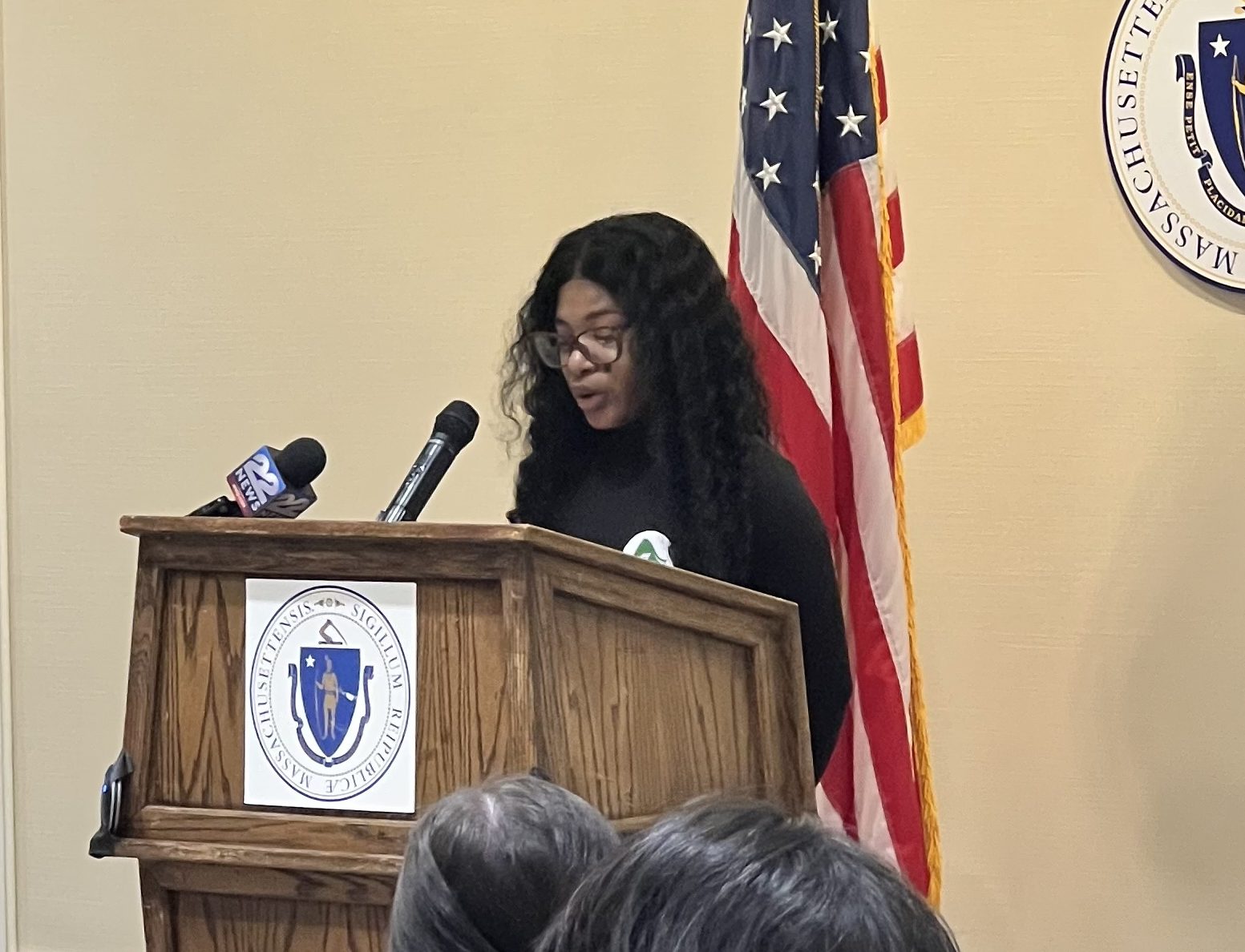
Ariela Reynoso shared, “I work 4 jobs… my income goes up, but my housing assistance goes down. People encourage me to quit my job just to keep my benefits. That’s how important they are for me and my family.”
The Cliff Effect Pilot Program represents a major step forward in our ongoing efforts to address this challenge. Over three years, the program aims to support up to 100 participants with career training, financial coaching, and supplemental payments to ease the transition off of public assistance—helping families secure sustainable employment.
We would like to thank all of our partners who helped to make this briefing happen and those who took the time to join us.
We were also featured in a WWLP-22NEWS segment (linked below).
What are Cliff Effects?
Increase in wages, disproportionate loss of benefits. Assistance programs for critical needs such as food, housing, and childcare often come with means-tested requirements, dropping off after a certain income. While this is intended as a progressive measure to ensure that those who need the help are the ones getting it, there are unintended outcomes that trap individuals and families in lower-paying jobs, potentially losing more in benefits than they gain in income.
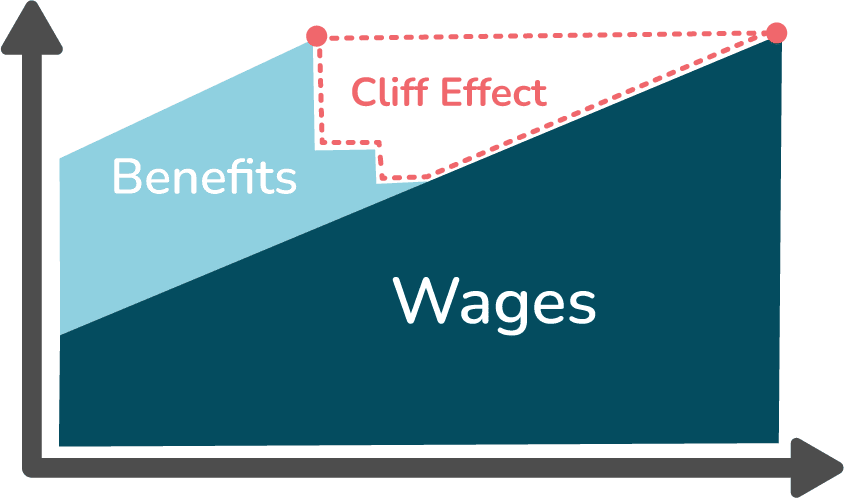
Our pilot will evaluate the impact of direct cash “bridge” payments combined with job training and financial coaching. The ultimate goal is to help individuals climb the income ladder and successfully transition off of reliance on public benefits. This model not only saves public money in the long-term, but also addresses key employment gaps in sectors like healthcare & education.
Our 3-year Bridge to Prosperity Pilot will evaluate the impact of direct cash “bridge” payments that make up for the value of lost benefits for up to 100 participants as they climb the income ladder, while receiving job training and financial coaching.
After successful completion of the Pilot, participants will be eligible for a $10,000 bonus to put them on track for longer-term financial health. Participants will be recruited from employer partners in Springfield, Worcester, and Boston, providing a career pathway to financial freedom.
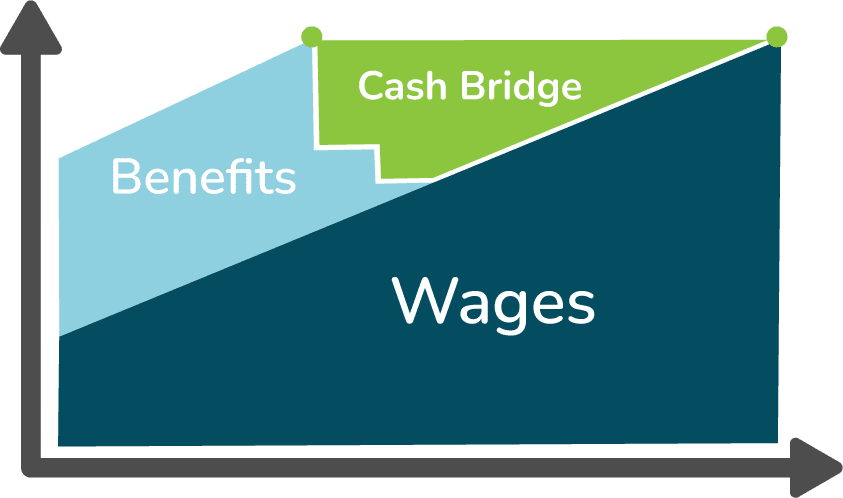
Addressing the Problem — a short history
Cliff effects are widespread, and serve as a major failure of social safety net policy. This has been a focal point of our collaborative advocacy in Massachusetts and other cities and states across the country.
Massachusetts is at the forefront of addressing cliff effects with this historic investment in the pilot program.

Learn more about our Cliff Effect Pilot Program
